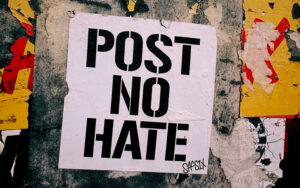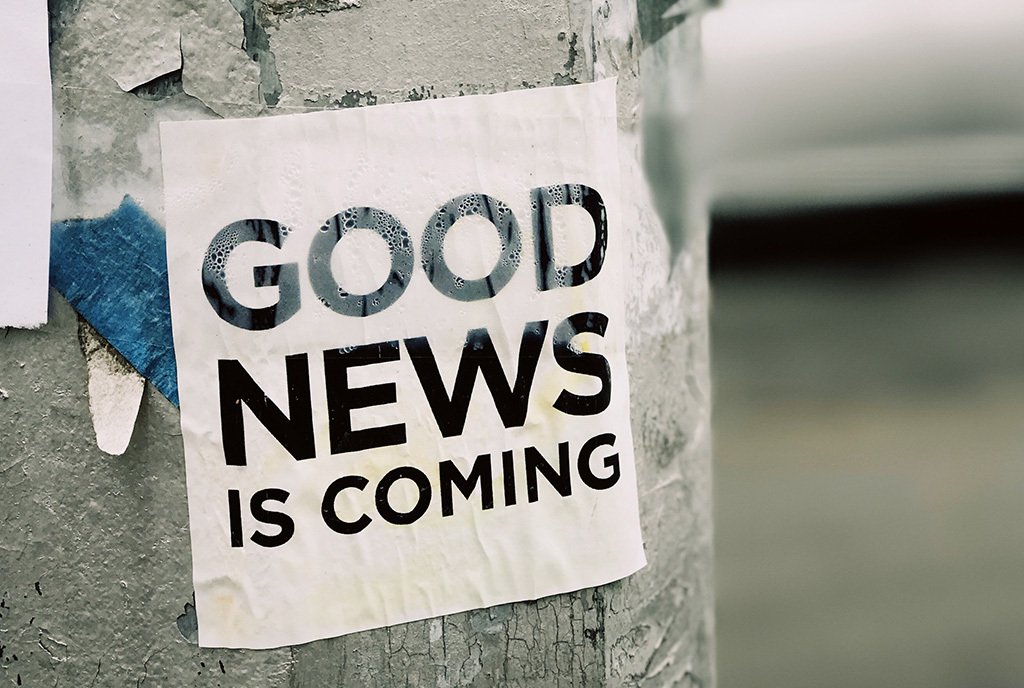
June 20, 2016; Fast Company, “Co.Design”
The nonprofit behind Firefox is looking to get a fresh new look to make its brand more distinctive and is reaching out to its community for input.
Mozilla provides open-source software for the technology community and is an advocate for preserving the freedom of the Internet, so it would make perfect sense that the organization is reaching out to the community that created it and knows it to rebrand themselves.
Mozilla is working with the London-based agency johnson banks to create a selection of seven themes, which they released to the public through their website on June 20th. Here are the guidelines Mozilla published on their blog for this open design process:
Sign up for our free newsletters
Subscribe to NPQ's newsletters to have our top stories delivered directly to your inbox.
By signing up, you agree to our privacy policy and terms of use, and to receive messages from NPQ and our partners.
- We won’t default to a crowdsourced solution. Engagement will come in the idea generation phase, the critique of the work, and in how it gets used by Mozillians.
- We will still guide and curate the work as transparently as possible, just as we do with Firefox and the other open-source projects at Mozilla.
- We’ll keep the wheels on the bus. We’ll have a timeline with milestones and an end date.
- We’ll aim for a flexible brand system recognizable as Mozilla so that we can gain the awareness that comes from repeated exposure.
- We won’t vote on the outcome. The clicks of the crowd won’t “drumpf” all.
Usually, companies handle the rebranding process behind closed doors, which can lead to increased scrutiny from the organization’s community and stakeholders once the new design is unveiled and released to the public—such as the backlash the Metropolitan Museum of Art experienced surrounding its new logo.
Will opening the rebranding to public opinion result in a chaotic process with conflicting voices? “We have no idea how many people will be interested, but we still think it’s worth seeing what happens when we throw the doors open,” Mozilla’s creative director Tim Murray says. “It’s super exciting, but as a brand guy? To me, it’s also really terrifying.”
Today, Mozilla will be hosting an event with 1,200 members of the Mozilla community where they will be taking feedback. By fall of this year, the nonprofit hopes to land on a brand that their community of users has helped inform every step of the way.
Other nonprofits may wish to look to Mozilla’s strategy and process for rebranding their organizations. The process could encourage your community to become a critical part of the new direction your organization is taking.—Aine Creedon













